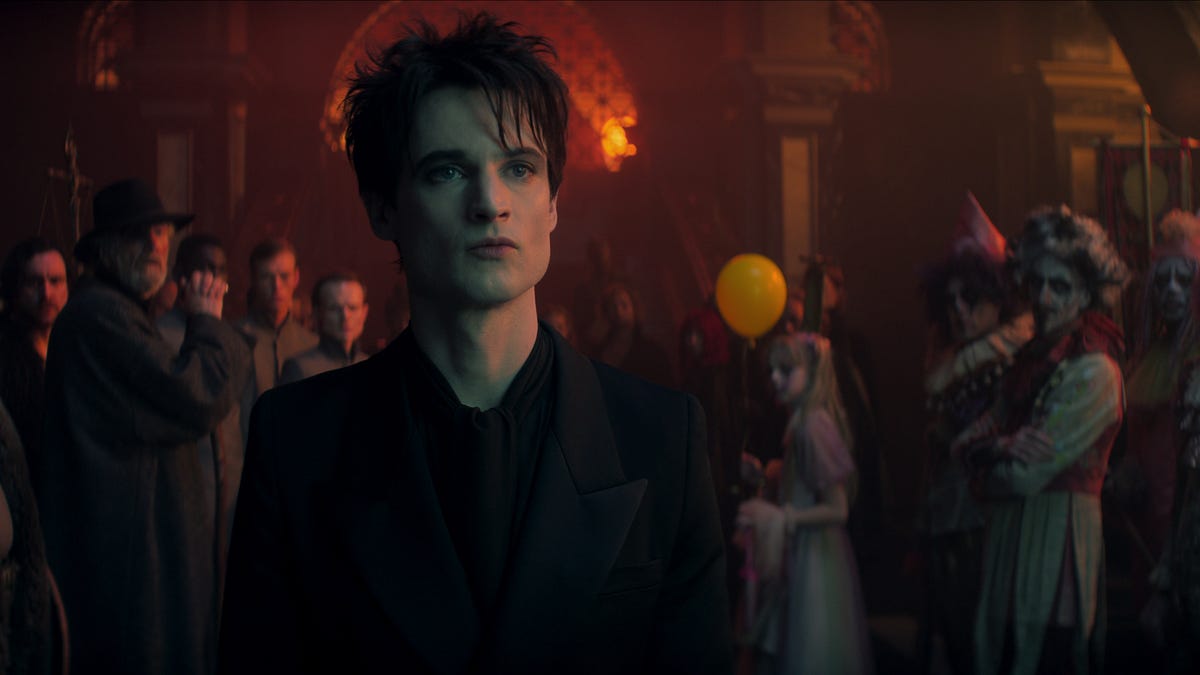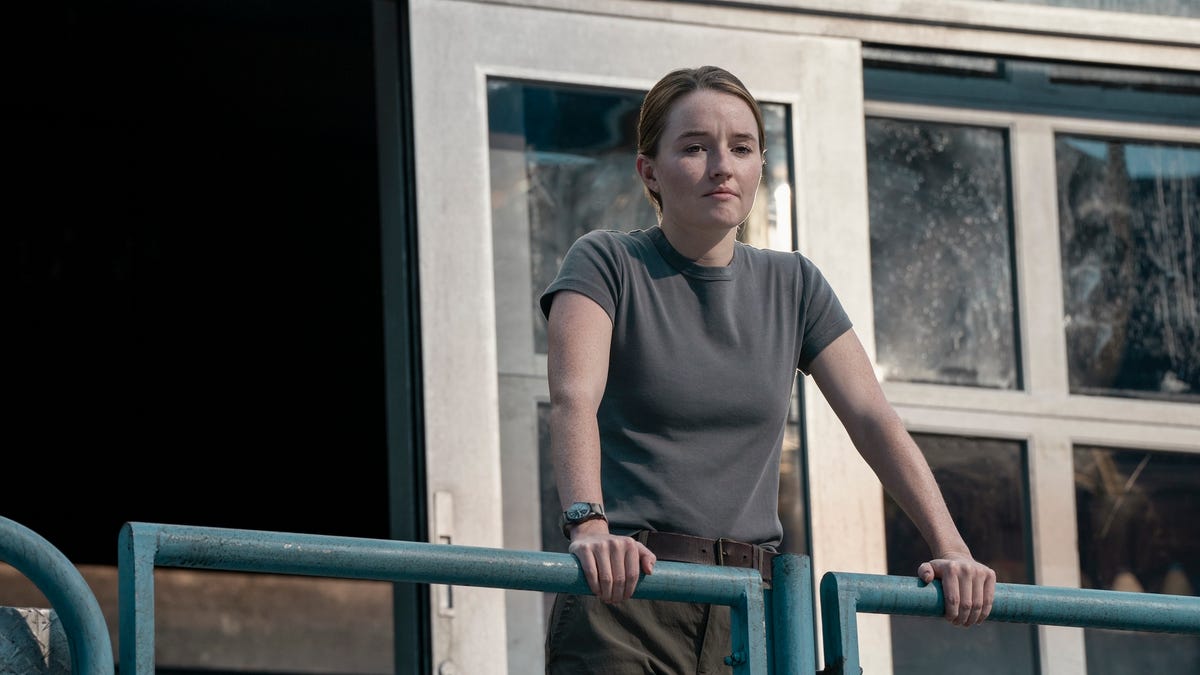Diddy trial: Cassie’s lawyer, New Yorkers react to split verdict
Casandra “Cassie” Ventura Fine’s lawyer said she was “pleased” about the Sean “Diddy” Combs verdict, while some New Yorkers disagreed.
Sean “Diddy” Combs has been convicted on two counts of transportation to engage in prostitution – but just like the verdict, reactions are mixed.
A 12-person jury acquitted Combs on the most serious charges against him in a federal sex-crimes trial. Combs was found not guilty on racketeering and sex trafficking charges, but he was convicted on two lesser counts of transportation to engage in prostitution – involving former girlfriends Casandra “Cassie” Ventura Fine and the anonymous “Jane,” who both say he abused them for years.
Combs’ transportation to engage in prostitution conviction carries a maximum sentence of 10 years in prison per count. With his guilty verdicts on two counts, he could face a maximum of 20 years in prison.
However, some onlookers see this split decision as a slap in the face to women and survivors of sexual abuse, calling it “gross negligence by the jury.”
“We fail women every day in this country,” one X user posted.
Combs’ trial was an anomaly – in most cases, an abuser’s violence is rarely documented by a portfolio of evidence. The numerous photos, videos and witness testimonies supporting Cassie’s testimony is the “exception, not the rule,” Elizabeth L. Jeglic, a clinical psychologist specializing in sexual violence and professor at the John Jay College of Criminal Justice, City University of New York, previously told USA TODAY.
“The message to victims is clear: no amount of proof is enough,” another X user wrote.
Sexual violence experts say Combs’ trial impacts the decisions that survivors make in terms of getting help, leaving abusive situations and speaking out.
“This is a heartbreaking verdict for survivors of sexual abuse, especially for Black women,” says sociologist Nicole Bedera. “Survivors are accustomed to these kinds of betrayals, but it doesn’t make the betrayals any less gutting. There are a lot of survivors who see themselves in Cassie.”
However, while small victories in a mixed verdict often go uncelebrated, that doesn’t mean they don’t exist. Julie Roginsky and Gretchen Carlson, survivors and co-founders of the nonprofit Lift Our Voices, say onlookers shouldn’t lose sight of how Combs has been held accountable.
“Anybody online who thinks this is a loss for (Cassie) is just completely misguided,” Roginsky says. “It is a win for her, because she has inspired so many other women to be able to tell their own stories, to be able to hold their heads high, to be able to show that there is life after being sexually abused.”
Implications for the #MeToo movement, other survivors
Even when there is evidence, victims are still subjected to ridicule and judgment – from asking why Cassie didn’t leave sooner, to calling her complicit in Combs’ alleged abuse.
Ahead of the trial, Combs’ lawyers had said that they wanted to show that there was “mutual violence in their relationship” and “hitting on both sides,” rather than denying Combs’ violence. And online, Cassie’s testimony was met with victim-blaming, which happens when society or individuals place responsibility, or blame, on a victim for the harm they have experienced, rather than on the perpetrator.
“All of this can be very discouraging (to other survivors), both in terms of reliving what happened to you, but also in terms of how society still isn’t fully supportive of people when they come forward, they can attack them, and so that can be really hard for survivors to see,” Jeglic previously told USA TODAY.
During the trial, Cassie was forced to read aloud explicit messages in cross-testimony, as Combs’ lawyers insisted that all sex at the freak-offs (sometimes days-long sexual performances) was consensual.
When asked why she agreed to participate in the alleged “freak offs,” Cassie said, “I wanted to make him happy.” Combs allegedly gave her ecstasy and alcohol before and during her first “freak off,” she said.
“Doing this made me feel horrible. It made me feel worthless,” she said.
Victim-blaming myths, especially around consent, still need to be debunked, Bedera says.
Black women survivors also face an uphill battle to be believed. In a 2025 study conducted by Chloe Grace Hart, assistant professor of sociology at the University of Wisconsin-Madison, she found that Americans were less likely to say they believed a Black woman describing a sexual harassment experience compared to a white women describing the same thing.
However, Cassie being supported is a step in the right direction.
“We saw in the #MeToo movement, when people came forward and other people came forward because they were supported and believed,” Jeglic said. Roginsky and Carlson reject any narratives that the “#MeToo movement is dead,” pointing to the success of laws like the Ending Forced Arbitration of Sexual Assault and Sexual Harassment Act (passed in 2022) that have continued to help survivors seek justice.
However, Bedera says this verdict is a “missed opportunity for social change” and a “reminder the media narratives around #MeToo failed to fully recognize the harms of intimate partner violence, as well as the stories of Black women and sex workers.”
“Survivors often have other goals in coming forward, including exposing the failures of our criminal justice system to intervene in violence happening in plain sight. This verdict absolutely does that,” she adds.
Cassie’s testimony still leaves a mark on survivors and the justice system
Douglas H. Wigdor, a lawyer who represented Cassie in her civil lawsuit against the music mogul, told reporters July 2 that Combs’ is “finally being held responsible for two federal crimes, something that he’s never faced in his life” and “still faces substantial jail time.” He added that he just spoke with Cassie, who is “in a good place.”
In an additional statement provided to USA TODAY, Wigdor said, “Although the jury did not find Combs guilty of sex trafficking Cassie beyond a reasonable doubt, she paved the way for a jury to find him guilty of transportation to engage in prostitution. By coming forward with her experience, Cassie has left an indelible mark on both the entertainment industry and the fight for justice.”
Contributing: Brendan Morrow








